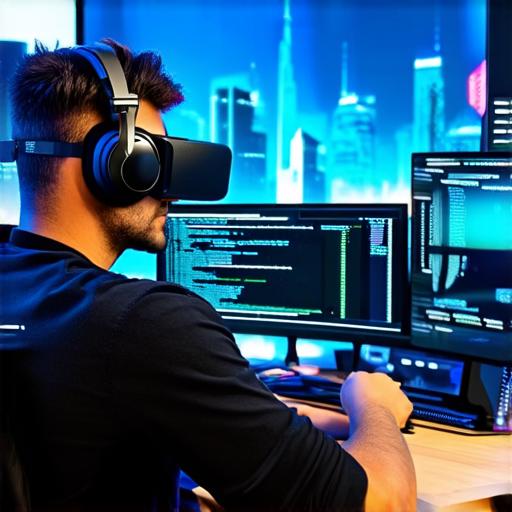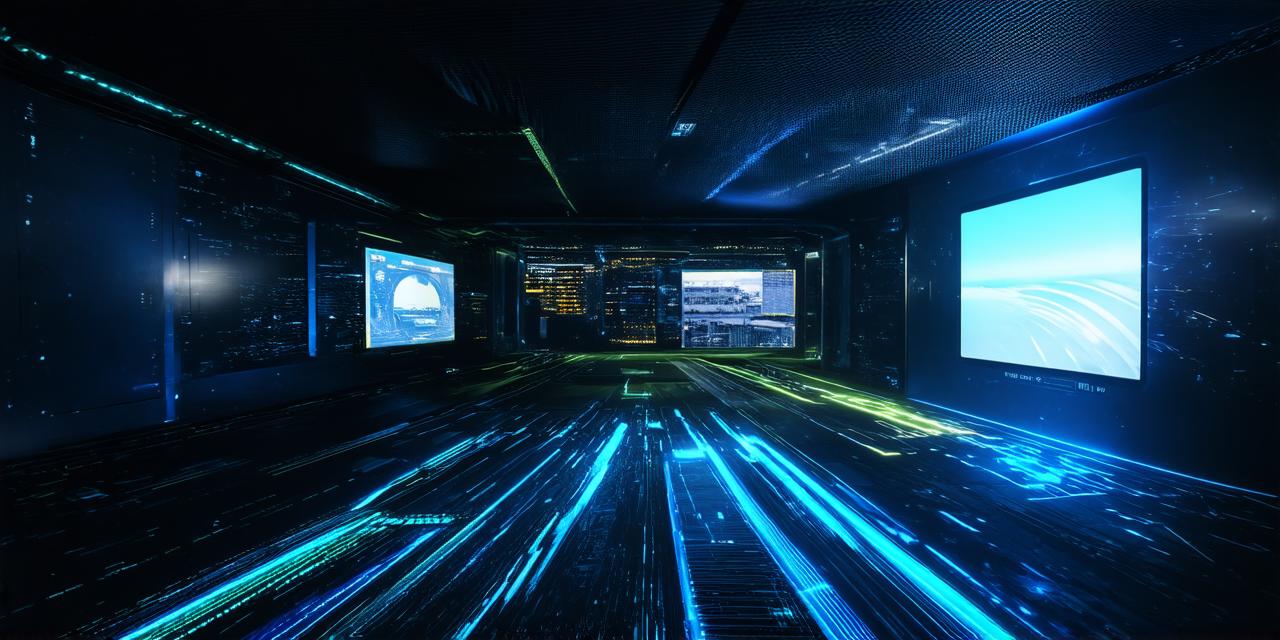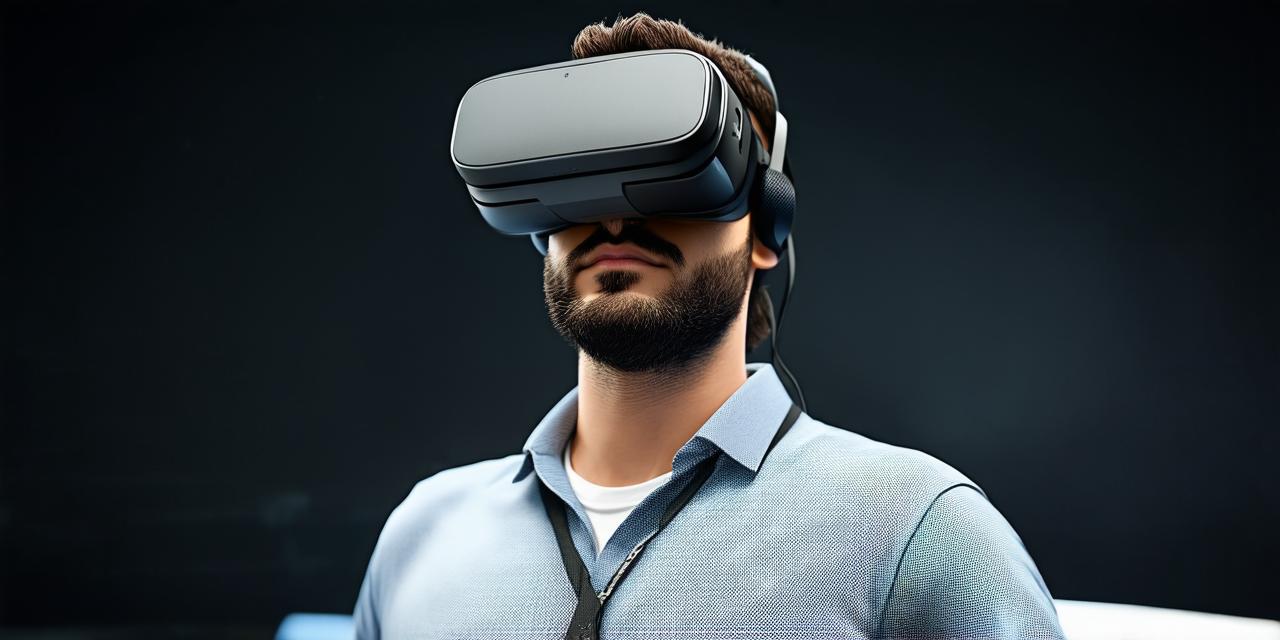
Number of Virtual Reality Developers in the Industry
Beyond gaming, Virtual Reality (VR) is making significant inroads into numerous sectors, transforming industries and reshaping our daily lives.
Healthcare Revolution
In healthcare, VR is being utilized for medical training, patient care, and even mental health therapy. For instance, surgeons can practice complex procedures in a simulated environment before operating on patients, reducing the risk of complications.
This not only enhances surgical skills but also saves lives by minimizing errors.
Similarly, VR therapy is being used to treat conditions like PTSD and phobias, offering a safe and effective alternative to traditional methods. For example, patients with a fear of heights can gradually acclimate to their fear in a controlled virtual environment, making real-life situations less daunting.
Education Transformed
In education, VR provides immersive learning experiences that traditional classrooms can’t match. Students can explore historical sites, conduct virtual experiments, or even travel to distant planets – all from the comfort of their homes.
This not only makes learning more engaging but also equips students with 21st-century skills like problem-solving and critical thinking. For instance, a student studying biology could virtually dissect a frog, gaining a deeper understanding of its anatomy compared to a static diagram in a textbook.
Real Estate Redefined
In real estate, VR allows potential buyers to tour properties virtually, saving time and resources. This technology is particularly beneficial for remote or international buyers, enabling them to make informed decisions without physically visiting the property.
For example, a buyer from another city can take a virtual tour of a house, inspect every room, and even measure spaces before making an offer.
Entertainment Evolved
In entertainment, VR offers immersive experiences that blur the line between reality and fantasy. From virtual concerts to interactive movies, the possibilities are endless. For example, a fan could attend a virtual concert by their favorite artist, interacting with other fans in a shared virtual space.

This shift towards immersive entertainment is set to redefine how we consume media in the future.
The Road Ahead
As we delve deeper into this VR revolution, it’s clear that the potential for growth and innovation is immense. The challenge lies in overcoming technical hurdles, ensuring accessibility, and fostering a supportive ecosystem for developers.
However, with each passing day, we are one step closer to realizing the full potential of Virtual Reality.
As VR technology becomes more affordable and accessible, we can expect to see it integrated into even more aspects of our lives.
Conclusion
In conclusion, the Virtual Reality developer landscape is a vibrant and evolving space, brimming with opportunities for innovation across various sectors. As we continue to push the boundaries of what’s possible, the future of VR development promises to be nothing short of extraordinary.
The potential applications of VR are limited only by our imagination, making it an exciting field to watch in the coming years.

